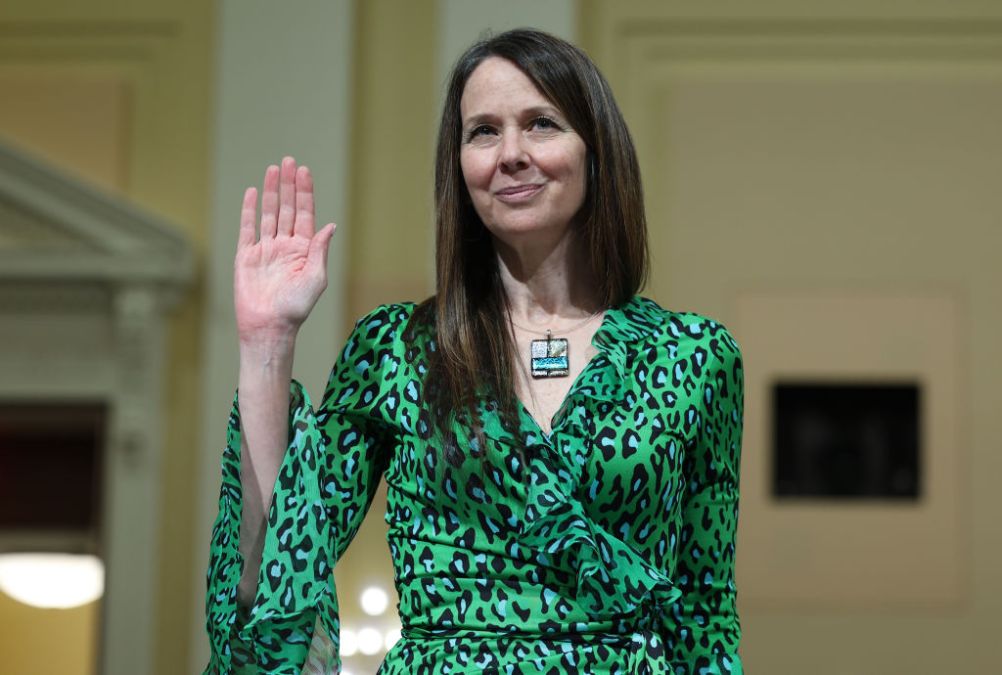Easterly appeals to Congress on CISA funding, citing Chinese threats to critical infrastructure

More money from Congress would boost the Cybersecurity and Infrastructure Security Agency’s ability to defend against threats to the nation’s most vital infrastructure, Director Jen Easterly said Tuesday in a House hearing where she emphasized the dangers posed by Chinese hackers in particular.
Especially important in the fiscal 2024 budget that President Joe Biden proposed for CISA, she said, was a $150 million chunk of funding that would improve three CISA programs oriented at least in part toward critical infrastructure protection. Biden has proposed $3 billion for CISA overall, which is $136 million more than Congress appropriated last fiscal year, according to lawmakers.
One of the three programs is CyberSentry, a threat detection initiative in which CISA partners with critical infrastructure owners and operators.
That $150 million pool would “continue to build on that CyberScentry capability, which is really best in class and can be deployed at the most important critical infrastructure owners so we can detect and prevent significant damage to the infrastructure that we believe Chinese cyber actors are going after,” Easterly told the House Appropriations Subcommittee on Homeland Security.
Easterly said the $150 million would also help pay for increased capacity for its hunt teams, which conducted 97 operations in domestic infrastructure to evict hackers during fiscal 2023. And a third initiative would bolster CISA’s field force — which has grown by 1,700 people since 2021 — by adding cybersecurity advisers and physical security advisers, which she said would “enable us to help the small and medium businesses and critical infrastructure owners and operators that are under duress from these very serious nation-state threats.”
Easterly repeatedly returned to the Chinese threat, touting CISA’s abilities in making a difference — but said her agency would be capable of doing more with additional cash.
“As we look at the threats to our nation, none is more serious than Chinese cyber actors that are burrowing deep into our critical infrastructure to prepare to launch disruptive and destructive attacks in the event of a major conflict,” she said. U.S. officials have often warned about the wider cyber ramifications of a Chinese invasion of Taiwan and that such a conflict would be accompanied by digital attacks on U.S. infrastructure.
“We have eradicated and evicted these Chinese cyber actors in multiple sectors,” she told lawmakers, highlighting water, power, energy and transportation, specifically. “But we believe that this is just the tip of the iceberg.”
While CISA historically has had bipartisan support in Congress, that backing has gotten rockier among conservatives, some of whom have alleged that the agency has engaged in censorship on social media. Those conservative complaints inspired a lawsuit against federal agencies, including CISA, that made its way to the Supreme Court, as well as a failed effort by some Republicans last year to cut CISA funding.
Easterly, as she has done repeatedly, said categorically on Tuesday that CISA has had no hand in online censorship.
On the other side of the aisle, Texas Rep. Henry Cuellar, the top Democrat on the subcommittee, said Tuesday that he was concerned that Congress wasn’t “doing enough” to fund CISA and that U.S. adversaries have placed no such constraints on their resources to attack the United States in cyberspace.
